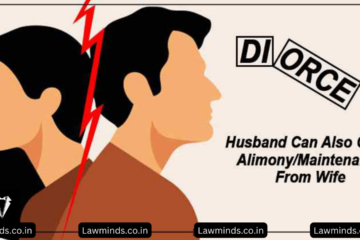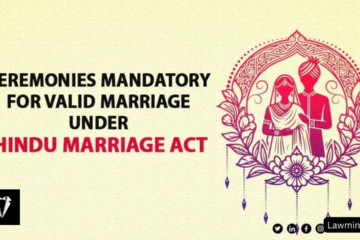
In a recent development, the Supreme Court of India has revoked the default bail granted to an individual under the Unlawful Activities (Prevention) Act due to the failure to submit a charge sheet within the prescribed timeframe. The court overturned the Delhi High Court’s decision from February 11, 2021, which had granted default bail to the accused, identified as Raj Kumar alias Lovepreet alias Lovely, invoking Section 167(2) of the Criminal Procedure Code.
A bench comprising Justices Vikram Nath and Rajesh Bindal directed the immediate custody of the accused, noting that the police had already filed the charge sheet within the extended time granted. The arrest of the accused occurred on June 18, 2020, following an FIR by the Delhi police Special Cell on June 16, 2020, invoking various provisions of the UAPA.
During the investigation, it came to light that Gurtej Singh, an individual associated with the accused, had connections with Pakistan-based terrorists and was planning to undergo weapons training in Pakistan along with the respondent Rajkumar alias Lovely and others, as stated in the court’s order.
The bench emphasized the serious nature of the offense, involving terrorist activities with not only a nationwide impact but also repercussions on other enemy states, cautioning against treating the matter lightly.
Addressing an appeal by the Delhi government, the bench also highlighted Section 43 D(2)(b) of the UAPA, which allows an extension for investigation up to a maximum period of 180 days for specific reasons.
The Supreme Court criticized the Delhi High Court for overlooking its precedent in the case of ‘State of Maharashtra vs Surendra Pundlik Gadling and others’ (2019) regarding the extension of time for filing a charge sheet. Instead, the High Court relied on the judgment in the case of ‘Hitendra Vishnu Thakur and others vs the State of Maharashtra and others’ (1994), related to provisions of the Terrorist and Disruptive Activities (Prevention) Act, 1987.
The bench also pointed out an error in the High Court’s recording, stating that the sanction had already been obtained before the application for an extension of time was filed in November 2020. The Supreme Court clarified that the public prosecutor had indicated that while the sanction under section 45(1) of UAPA had been received from the Government of India, Ministry of Home Affairs, the sanction under section 45(2) of UAPA was pending from GNCT Delhi, and the sanction under section 39 of the Arms Act was to be obtained after receiving results from the FSL.
In conclusion, the Supreme Court held that the High Court’s assertion that the extension application lacked a valid basis due to the already granted sanction was inaccurate.



